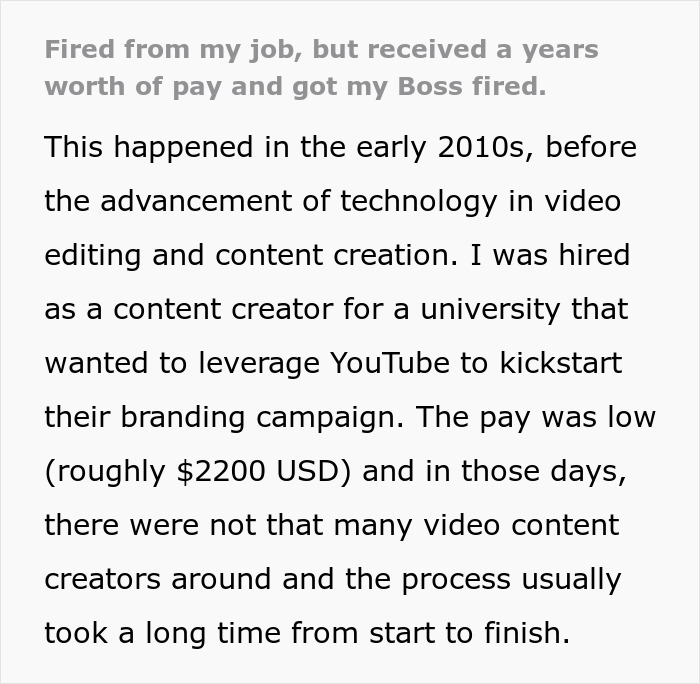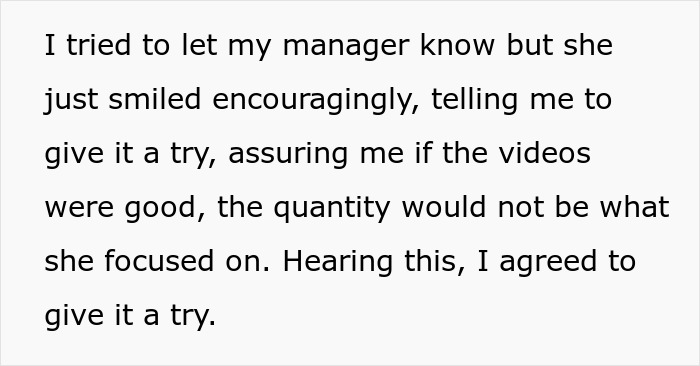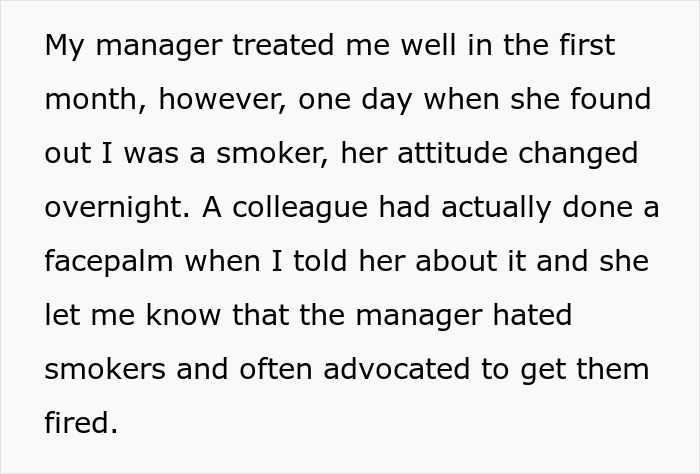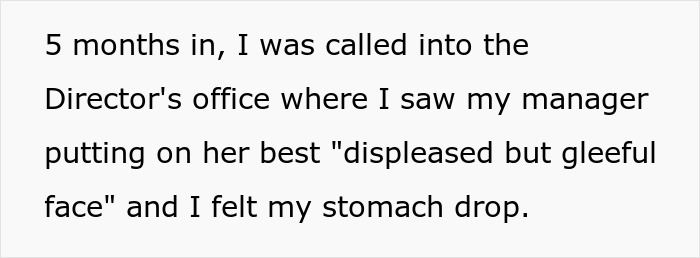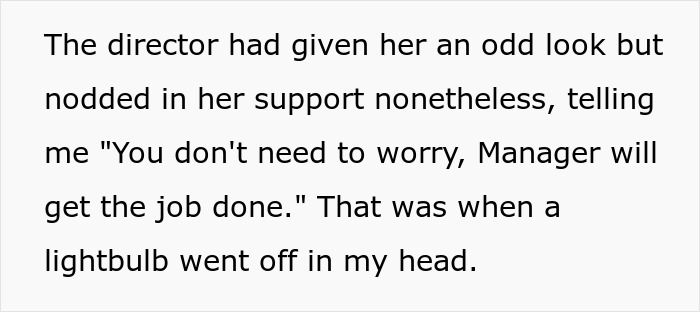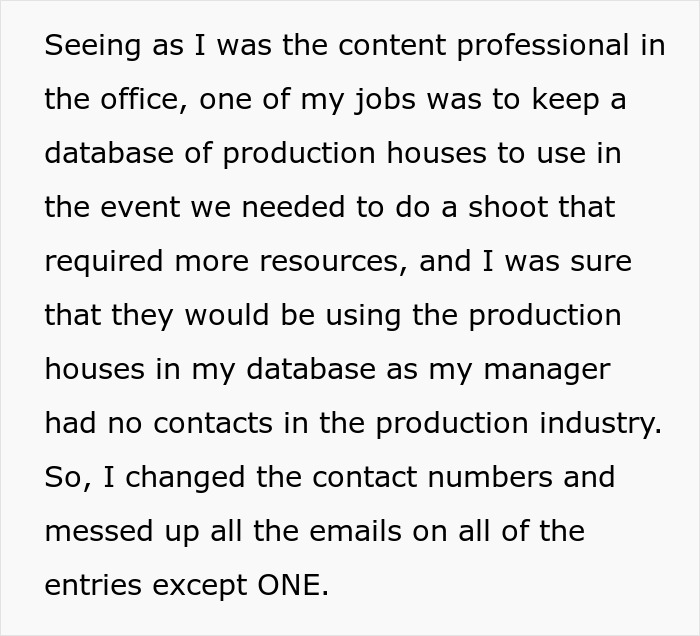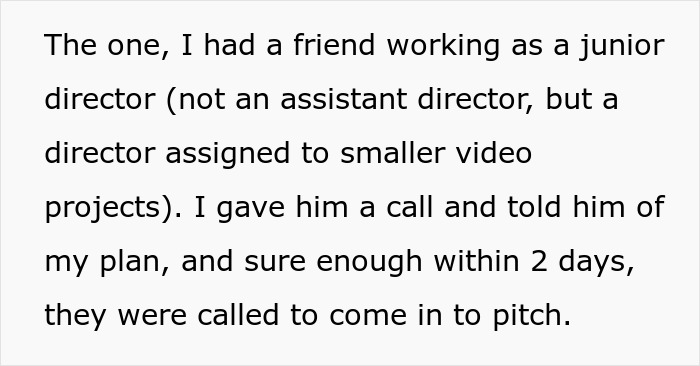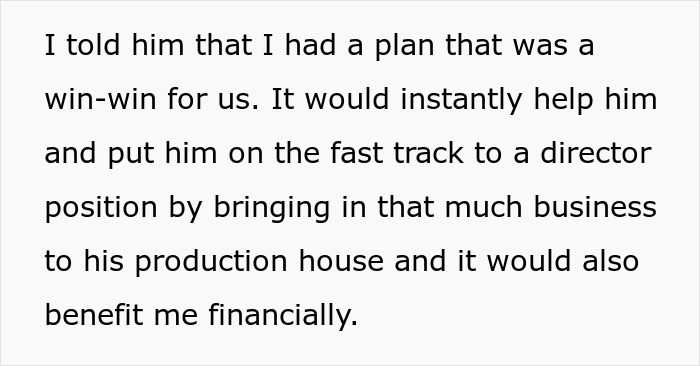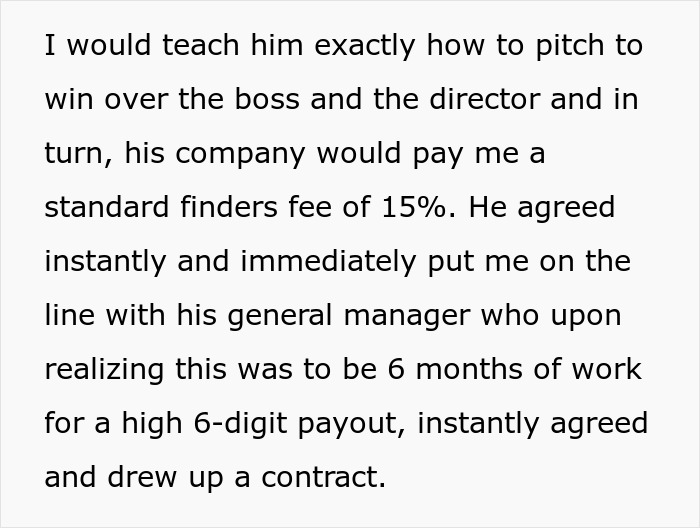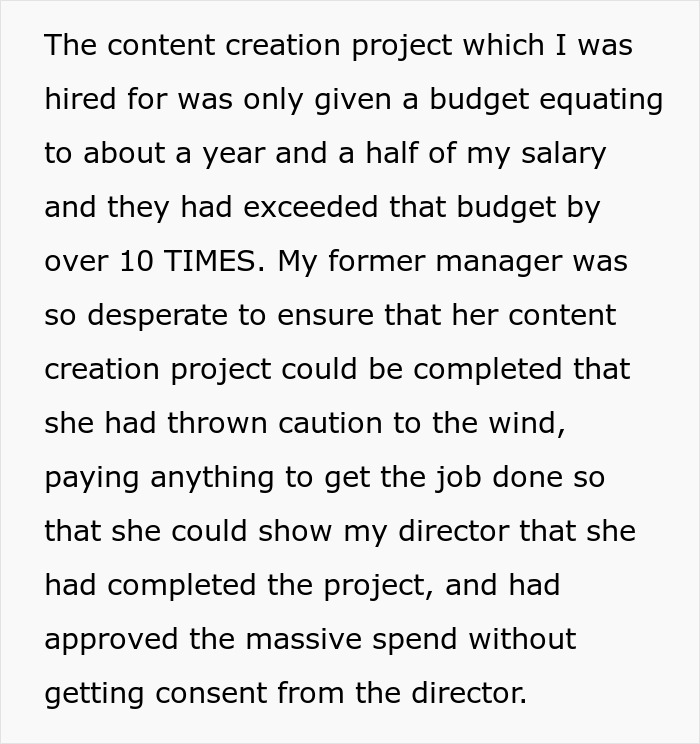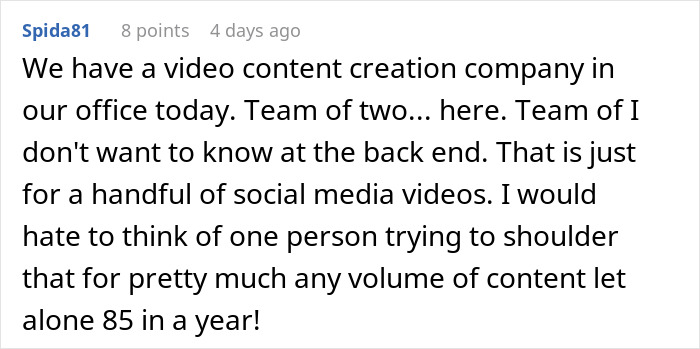When he was applying for a content creator position at a university, nowhere did they specify this requirement. However, after the guy’s boss learned about his habit, she made it her mission to scrutinize his every move, which ultimately even led to his termination. But as he explained on the subreddit ‘Pro Revenge,’ Mr. Kitten took matters into his own hands and weaponized his resentment against his unjust treatment.
This guy said he got fired basically because his boss resented smokers
Share icon Image credits: Matthew Kwong (not the actual photo)
So he devised a plan to get the pay he was promised
Share icon Image credits: borodai (not the actual photo)
Share icon Image credits: Donald Tong (not the actual photo)
Image credits: Fluffy_Supermarket_6
Bosses can seriously harm their organizations if they start playing favorites
We got in touch with Mr. Kitten and he agreed to have a chat with us about what happened back then. “There was no real basis for why the lady hated smokers so much, except that my former colleagues had told me that this had always been the case,” the Redditor explained to Bored Panda. “I guess in a way she felt that being a smoker in an educational institute was unbecoming. And of course, she started behaving extremely exaggeratedly around me, like if I approached her desk after a smoke break, she’d recoil quite dramatically saying things like “Oh my God, the smell!” Mr. Kitten said that before the final meeting with the Director, there hadn’t been any real indicators that he was going to be fired. “Apart from arriving 5-10 minutes late at times, which were never really cited as big disciplinary issues, I carried on with my work as usual.” “There were odd instances of my manager trying to tell me she wanted something but in a completely wrong/different terminology,” he added. An example would be when she would ask me about the font of my ‘deck”‘ in an interview. I would ask her what she meant by ‘deck’ and she would point to the name of my interviewee in a video (e.g. Joh Smith, Senior Lecturer), to which I’d look at her and say, ‘Those are called supers/banners,’ and she’d give an exaggerated look like, ‘How can you not know this is called a deck?’ These were never called decks, never have been, and never have since. So it was just the little things like that.” We can’t know for sure why so the lady was so hell-bent on finishing that project even when it cost 10 times more than it should have. But Mr. Kittten believes the reason was closely tied to her ego; to show that meeting that impossible KPI was, indeed, doable. “After all, it was her KPI that she had set for me only after I had signed the contract with the university and I think she did not want to tell the Director that based on her proposed one-person headcount, budget, and number of videos that she had grossly underestimated the work it takes to create videos,” he added. “From what I understand, they had advertised for someone else to fill my role after I had left and they were probably using the production house as a filler till they found someone. However, as I mentioned, the pay for the role was quite low and probably no one else had wanted to take up the position which led to having to use the production house for all the needed videos.” Share icon Image credits: Ron Lach (not the actual photo) This isn’t a standalone example; favoritism is a widespread and often unspoken problem in the workplace. Whether it’s your lifestyle, political views, or any number of other reasons, bosses picking their pets and enemies create an environment of inequality, diminishing people’s job satisfaction and overall team morale. One study discovered that 56% of managers had a favorite in mind for a promotion before the formal review process even began, at the end of which the pre-selected favorite received the promotion a stunning 96% of the time. “Often subtle and subjective, favoritism can be hard to pinpoint and quantify,” executive coach Dina Denham Smith wrote in Harvard Business Review. “Preferential treatment can also be so ingrained in the organizational culture that it’s the norm, and if exhibited by top company leaders, the issue slips further under the rug. Moreover, fear of negative ramifications often deters employees from raising concerns.” Who knows how much damage the lady from the post had caused before that project? According to Denham Smith, people who end up in such situations as our Reddit user may hesitate to proactively communicate with their boss, worrying that it might worsen their relationship or that the attempts will be futile. However, the executive coach believes that a passive approach will result in missed opportunities for growth, clarification, and relationship-building. “Even if you’ve worked together for a while, clarify their expectations of you,” she suggested. “Many bosses are unclear about their expectations, and misaligned assumptions may underlie your troubles. Inquire about their general expectations – like the contributions they want from you in your role and what kinds of problems they like to be informed about – and their specific ones. For example, as you begin a new project or task, ask questions like ‘For this to be a great success, what specific aspects would you want me to include?’” Another important thing to do is to regularly request performance feedback, “particularly if in-person interactions with your boss are infrequent, to compensate for the lack of informal exchanges.” Again, Denham Smith advises asking specific questions like, ‘What are the top areas you think I can improve the most?’ “Pressing them for the specifics means you can more easily action their suggestions. While receiving constructive feedback is inherently stressful, you may learn what’s in your way,” she said. Provided they’re more reasonable than Mr. Kitten’s former boss, of course.
People were pleased that the lady got what she deserved
Share icon
Anyone can write on Bored Panda. Start writing! Follow Bored Panda on Google News! Follow us on Flipboard.com/@boredpanda!

